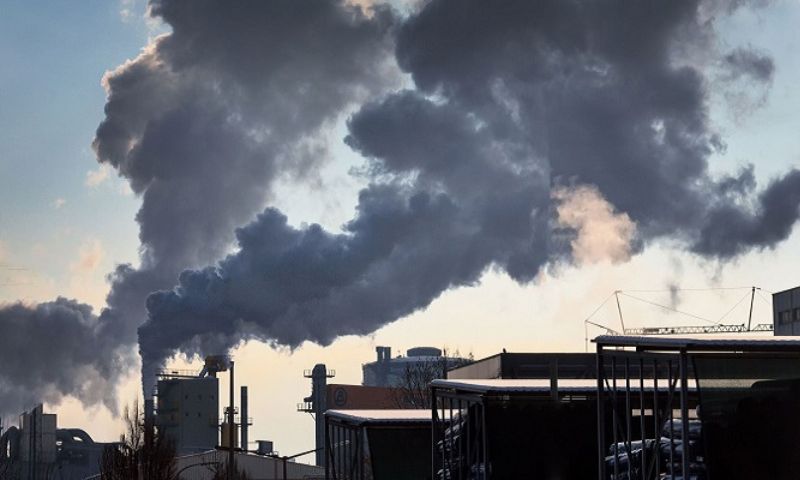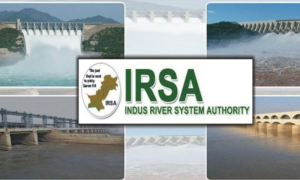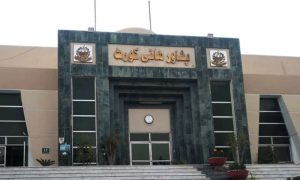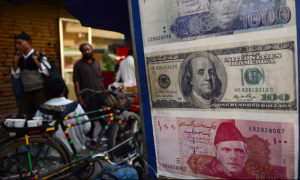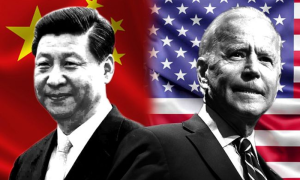ISLAMABAD: The Indo-Pakistan Climate Collective (IPCC), a bilateral forum of scientists and civil society coalition, in its first-ever annual report, has highlighted the need for enhanced cooperation in the realm of knowledge and data sharing to counter the menace of transboundary air pollution.
The report was jointly published online by the IPCC and Sustainable Development Policy Institute.
Executive Director SDPI Dr Abid Qaiyum Suleri said that three aspects the study has identified as prime sources of pollution in the region are agricultural waste burning, industrial emissions, and transport emissions which are important to manage the crisis.
The crop residue burning, which Dr Suleri pointed out is done over a short span of time, is more visible but the industrial and transport emissions are the slow poisons tainting the atmosphere day by day.
He said that we can identify areas and develop synergies in research and policy discourse whereas the civil society organizations, researchers and experts’ role is crucial to take further the message to create paths that are not being explored for solutions.
He said that the report is a guiding document for the scientific community and the decision-makers to find ways to curb the air pollution menace.
Associate Professor at Jawaharlal Nehru University New Delhi, Dr Happymon Jacob said that keeping in view the magnitude of the risk posed by transboundary air pollution both the nations can benefit from bilateral collaboration in managing research on the problem.
Pakistan-India Cooperation in Tackling Air Pollution
He said that Pakistan-India relations needed to move away from a noncooperation attitude to mutual cooperation, and it should be made in a consistent and coordinated manner for logical discourse. Climate cooperation was the most achievable thing if done bilaterally.
Dr Tishya Khillare, a Fellow of IPCC, said that 2023 was the inaugural year of the Indo-Pak Climate Collective forum that focused on transboundary pollution.
She informed that the report was authored by climate experts and scientists from different countries wherein they suggested collaborative steps on a regional scale for effective solutions.
However, she said, expanding engagement and collaborations through meetings and dialogues to ensure the exchange of experiences and information across the two nations was important for improving air quality monitoring.









